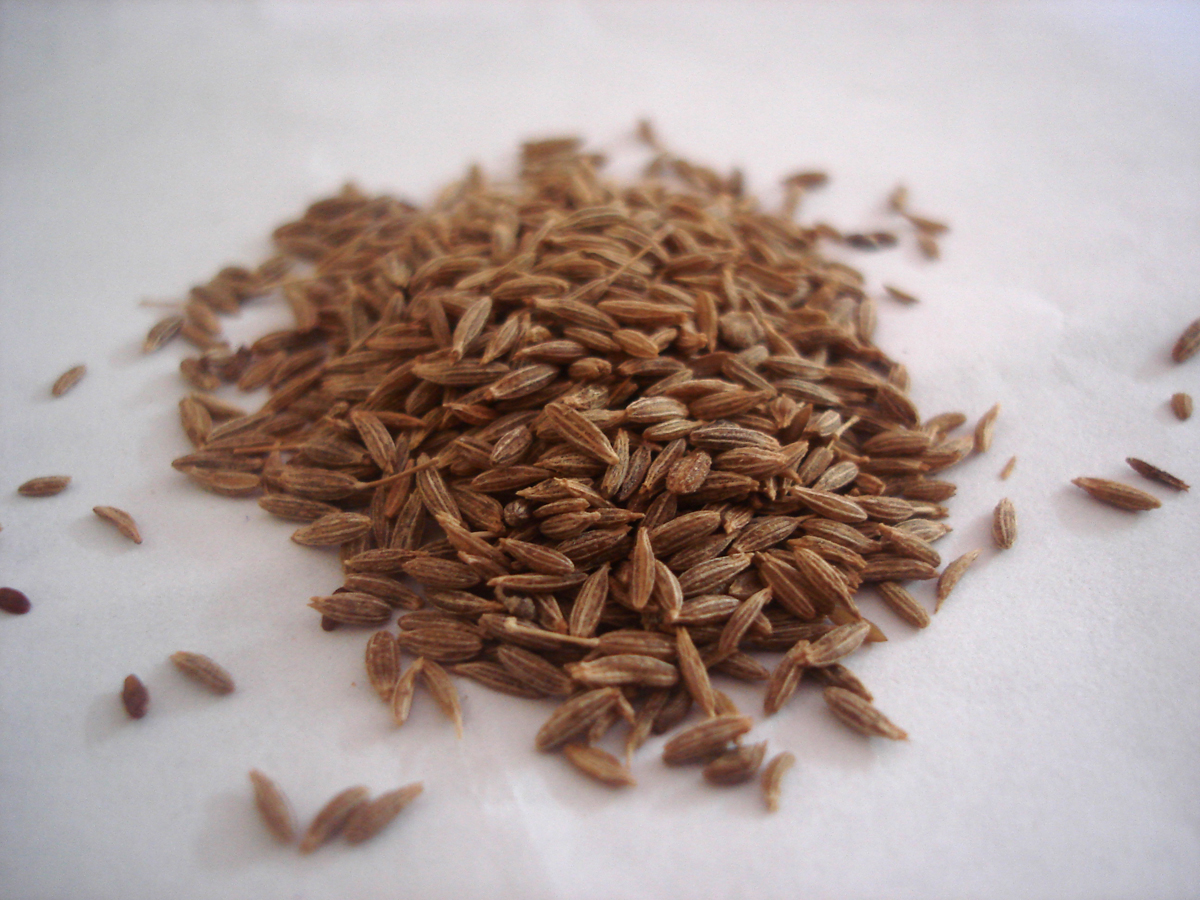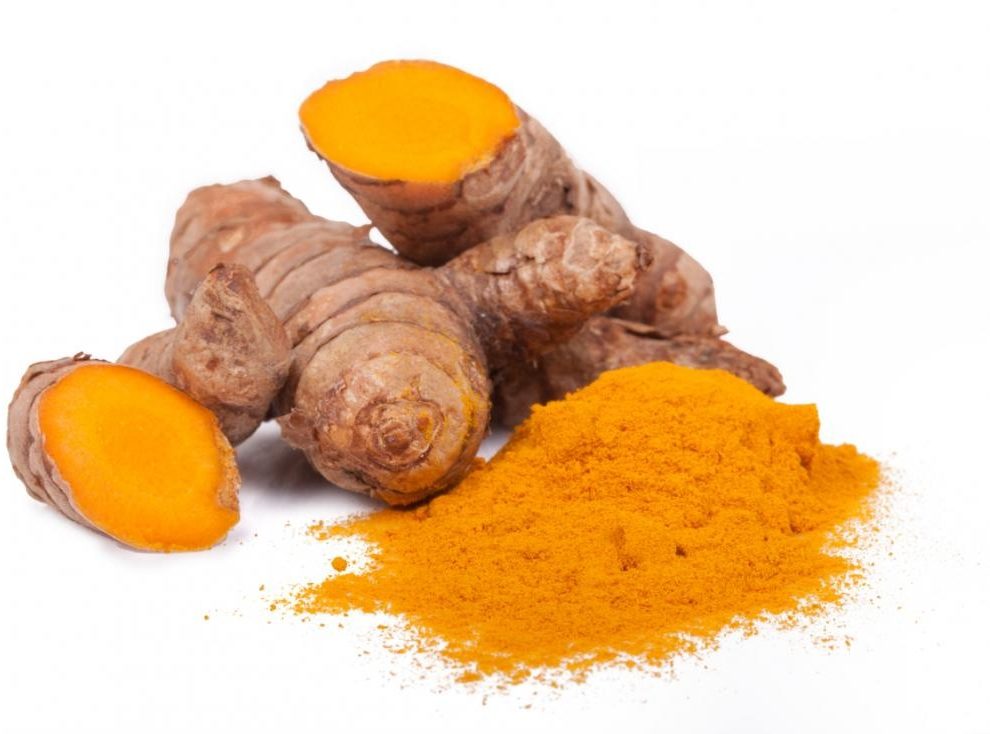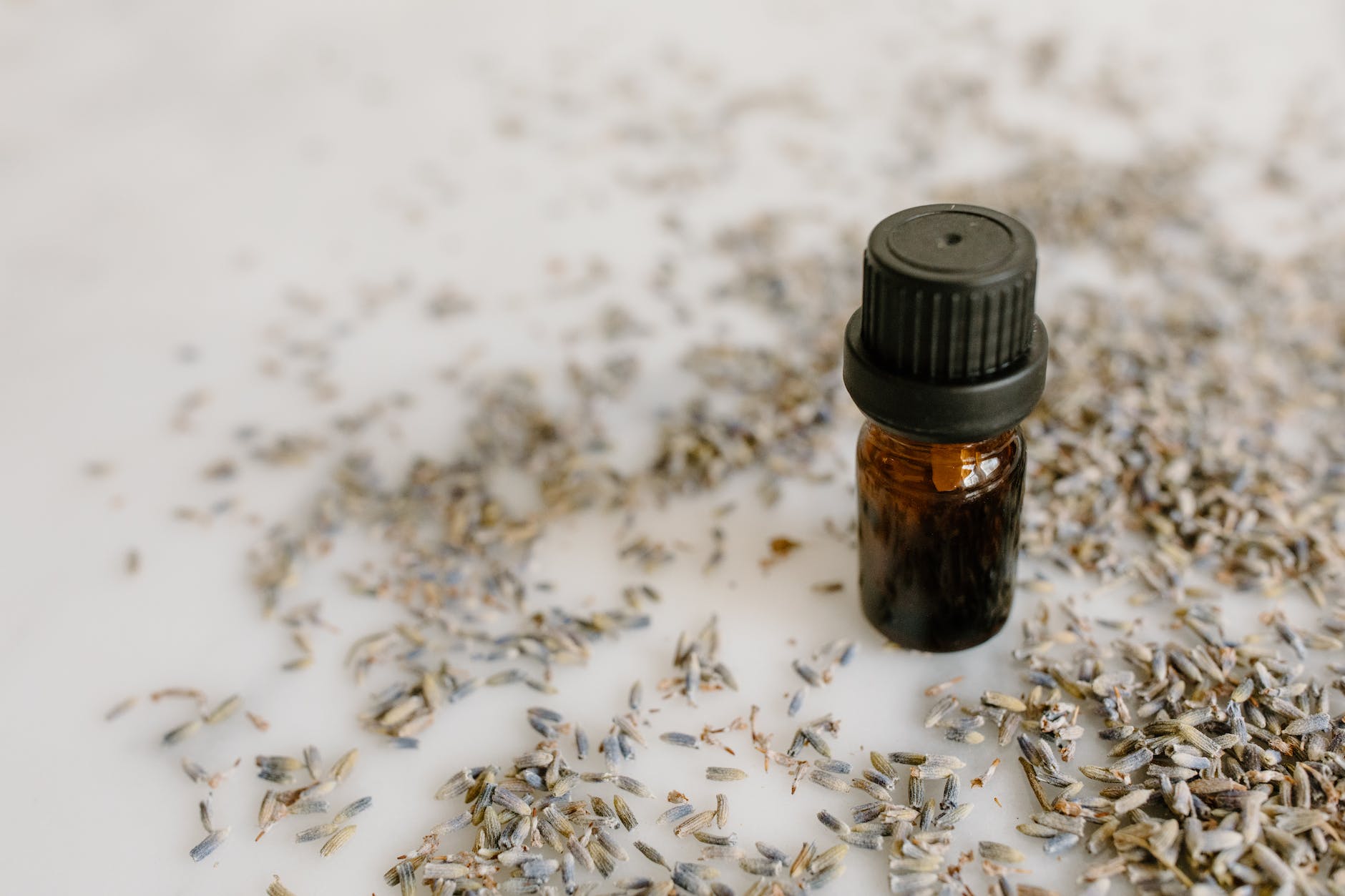
Are you ready to add a sprinkle of flavor and a dash of jeera magic to your weight loss diet? 🎉🍽️ Look no further! In this post, we’ll explore the wonderful world of jeera (cumin) and how it can be your delightful ally in achieving your weight loss goals. 🌟🏋️♀️
💡🌱 Understanding Jeera: Tiny Seeds, Big Benefits!
Jeera, those tiny seeds that pack a punch of flavor, are more than just a culinary delight. They offer a range of potential health benefits that can support your weight loss journey. 🌱✨
Did you know that jeera is low in calories, making it a perfect addition to your meals without weighing you down? 😄🔢 Its distinct earthy and warm flavor can elevate your dishes while keeping your calorie count in check. 🌶️💕
But there’s more! Jeera is also rich in essential nutrients like iron, magnesium, and antioxidants, which contribute to overall well-being. 💪🌿 These compounds may support your body’s metabolism and aid in digestion, potentially giving your weight loss efforts an extra boost. 🏋️♀️💥
So, let’s dive into the fantastic world of jeera recipes that will not only tantalize your taste buds but also help you on your path to shedding those extra pounds! 🌈🥦
Stay tuned for a mouthwatering journey as we uncover some scrumptious jeera-infused recipes that will make your weight loss adventure an exciting and flavorsome one! 🍽️✨
Get ready to spice things up with jeera! Let’s begin this deliciously healthy culinary exploration together! 🎉🍲
[ez-toc]
✨🍽️ Jeera Recipes for Weight Loss: Let the Flavors Begin!
Are you ready to embark on a culinary adventure that combines weight loss goals with lip-smacking flavors? Let’s explore some delicious jeera-infused recipes that will make your taste buds dance with joy! 🌈🥦
🌅 Rise and Shine with Jeera-Spiced Oatmeal: Start your day right with a warm bowl of jeera-spiced oatmeal. The nutty aroma of jeera will complement the creamy texture of oatmeal, creating a breakfast that is both satisfying and nutritious. Add your favorite toppings like fruits, nuts, or a drizzle of honey for extra goodness. 😋🥣
🌮 Jeera Paratha: A Wholesome Delight: Experience the delight of biting into a flaky, jeera-infused paratha. This whole wheat flatbread is stuffed with a flavorful mix of jeera and spices, making it a perfect accompaniment to your curries or a standalone snack. Pair it with some low-fat yogurt for a balanced meal. 😍🌯
🍛 Jeera Rice with Vegetable Curry: Transport yourself to culinary heaven with fragrant jeera rice served alongside a vibrant vegetable curry. The subtle jeera flavor will infuse the rice, elevating its taste and making it a delightful base for the flavorful curry. This wholesome combination will satisfy your cravings and keep you on track with your weight loss journey. 🌾🍛
🍲 Jeera Chicken or Tofu Stir-Fry: For a protein-packed and flavorful dish, try a jeera-spiced chicken or tofu stir-fry. The aromatic jeera will enhance the taste of the tender chicken or tofu, while the colorful medley of vegetables adds crunch and nutrition. Serve it with a side of steamed brown rice for a complete and balanced meal. 🍗🥦
🥜 Jeera Roasted Chickpeas: Craving a crunchy snack? Look no further than jeera roasted chickpeas. These little bites of goodness are tossed in jeera and spices, then roasted to crispy perfection. Packed with protein and fiber, they make a guilt-free snack that will keep you satisfied between meals. 😄🌰
🌱💪 Conclusion: By incorporating jeera into your weight loss journey, you’re not only adding flavorsome twists to your meals but also potentially benefiting from its nutritional properties. Jeera’s low-calorie content, metabolism-boosting potential, and digestion-supportive qualities make it an excellent ally in your quest for a healthier you. So, embrace the magic of jeera and enjoy these delectable recipes while on your path to achieving your weight loss goals. Bon appétit! 🌶️🍽️✨
[ez-toc]
✨💡 Tips for Incorporating Jeera into Your Diet:
Now that we’ve tantalized your taste buds with these delectable jeera-infused recipes, let’s explore some handy tips to help you incorporate this flavorful spice into your daily diet. By doing so, you can enjoy its potential benefits while adding variety to your meals. 🌶️🍽️
- Spice Up Your Salads: Sprinkle some jeera powder on your salads to add a burst of flavor. It pairs well with fresh vegetables and leafy greens, giving your salads an exciting twist. You can also try making a jeera-infused salad dressing by combining jeera powder, lemon juice, olive oil, and a pinch of salt.
- Jazz Up Your Soups and Stews: Enhance the taste of your favorite soups and stews by incorporating whole jeera seeds during the cooking process. The aromatic flavors will infuse the broth, making each spoonful a delightful experience. Just remember to remove the seeds before serving.
- Roasted Vegetables with a Jeera Twist: When roasting vegetables, add a sprinkle of jeera powder along with your favorite herbs and spices. The combination of roasted flavors and the warm jeera aroma will take your vegetable dishes to a whole new level of deliciousness.
- Jeera Infused Beverages: Aside from the classic jeera water, get creative with jeera-infused beverages. Consider brewing a refreshing jeera iced tea by steeping jeera seeds in hot water, then cooling it and adding ice cubes. You can also experiment with adding a pinch of jeera powder to your smoothies for an unexpected flavor boost.
- Experiment with Jeera in Baking: Jeera isn’t just limited to savory dishes! Add a twist to your baking adventures by incorporating jeera into bread, muffin, or cookie recipes. It can lend a unique flavor profile to your baked goods, making them stand out and surprising your taste buds.
Remember, moderation is key. While jeera offers potential benefits, it’s important to maintain a balanced and varied diet overall. Consult with a healthcare professional or registered dietitian for personalized advice and to ensure that jeera fits well into your individual dietary needs and goals.
So, unleash your culinary creativity and let Jeera spice up your meals! With these tips, you can savor the flavors of jeera while embarking on your weight loss journey. Enjoy the journey of discovering new tastes and savoring the potential benefits of this incredible spice. Happy cooking! 🌶️🍽️✨
[ez-toc]
🌊💦 Exploring Jeera Water: A Refreshing Addition to Your Weight Loss Journey
One popular way to incorporate jeera into your weight loss routine is through jeera water. This simple and refreshing beverage has gained attention for its potential health benefits, including its possible role in supporting weight loss efforts. Let’s dive into the world of jeera water and learn more about how it can aid you on your weight loss journey. 💧🌱
✨🥤 Jeera Water for Weight Loss: What’s the Buzz About?
Jeera water is made by soaking jeera seeds in water overnight or boiling them in water for a few minutes and then allowing the mixture to cool. This allows the water to absorb some of the beneficial compounds found in jeera, such as antioxidants and volatile oils.
While there is limited scientific research specifically on jeera water’s weight loss benefits, some people believe that it can aid in digestion, boost metabolism, and reduce bloating, all of which may indirectly support weight loss efforts. It is important to note that individual experiences with jeera water may vary, and more scientific studies are needed to understand its potential effects.
💧🌿 How to Make Jeera Water:
Making jeera water is a simple process that you can easily incorporate into your daily routine. Here’s a basic recipe to get you started:
- Take one teaspoon of jeera seeds.
- Rinse the seeds to remove any impurities.
- In a glass or jar, add the jeera seeds to two cups of water.
- Let the seeds soak overnight or boil them in the water for a few minutes, then allow the mixture to cool.
- Strain the jeera water to remove the seeds.
- Your jeera water is now ready to be consumed!
You can enjoy jeera water first thing in the morning on an empty stomach or throughout the day as a hydrating beverage. Feel free to experiment with the ratio of jeera seeds to water based on your personal preference.
🚫🌡️ Potential Side Effects and Precautions:
While jeera water is generally safe for consumption, it’s important to be aware of potential side effects and take necessary precautions:
- Allergic Reactions: Some individuals may be allergic to jeera or other members of the Apiaceae family, which includes carrots, celery, and parsley. If you experience any signs of an allergic reaction, such as itching, swelling, or difficulty breathing, discontinue use and seek medical attention.
- Gastrointestinal Issues: Jeera water may cause gastrointestinal discomfort in some individuals, such as gas, bloating, or indigestion. If you experience these symptoms, adjust the amount of jeera seeds used or consult a healthcare professional.
- Medication Interactions: If you are taking any medications or have underlying health conditions, it’s advisable to consult with a healthcare professional before incorporating jeera water into your routine, as it may interact with certain medications or exacerbate existing conditions.
Remember, jeera water should not be considered a magical solution for weight loss. It’s best to combine it with a balanced diet, regular physical activity, and other healthy lifestyle choices for effective and sustainable weight management.
[ez-toc]
🌊💦 Conclusion: Refreshing Hydration with a Dash of Jeera!
Jeera water can be a refreshing addition to your weight loss journey, offering a flavorful and hydrating way to enjoy the potential benefits of jeera. While its direct impact on weight loss is not yet fully understood, jeera water may provide additional support for digestion and metabolism.
As with any dietary change, it’s important to listen to your body and adjust accordingly. If you experience any adverse reactions or discomfort, discontinue use and consult a healthcare professional.
Stay hydrated, spice up your routine with jeera water, and enjoy the journey towards a healthier you! Cheers to a refreshing and flavorful way to support your weight loss goals! 🌶️🌊✨
[ez-toc]













